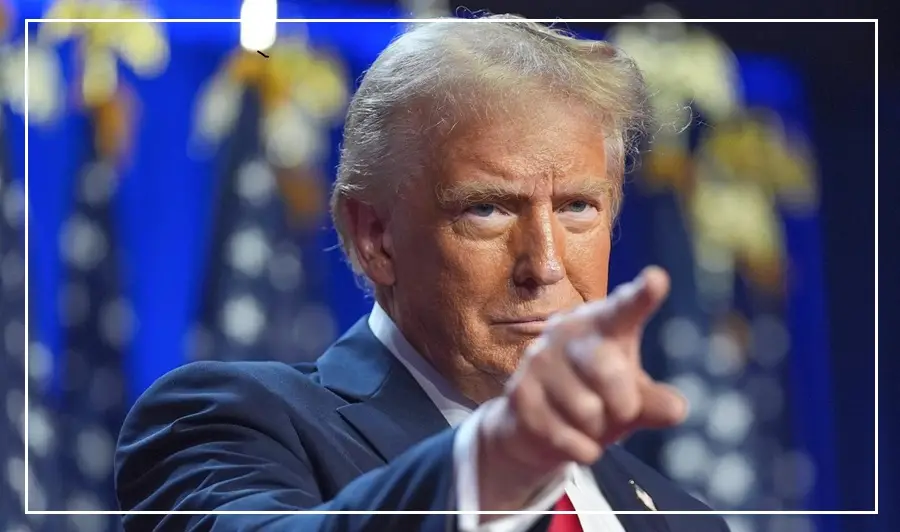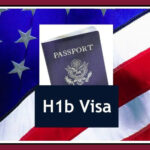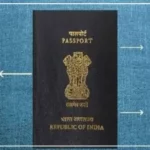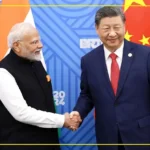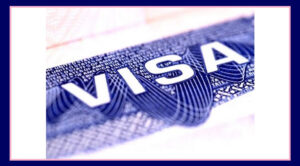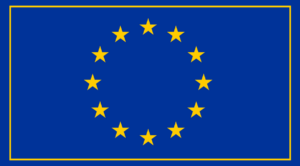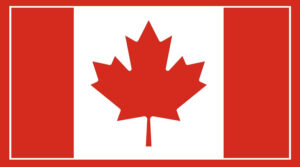The Trump administration is working on a new rule to change how H-1B visas are selected. Instead of a random lottery, the system will likely give preference based on the salary offered by U.S. employers to foreign workers.
Trump Administration Proposes Salary-Weighted Lottery for H-1B Visas
The Department of Homeland Security (DHS) has sent this proposed rule to the Office of Information and Regulatory Affairs (OIRA), which checks new rules before they are made official.
Once OIRA finishes its review, the rule will be published in the Federal Register, starting the process for implementation.
Finalizing the rule will take a few months because there will be a period for public feedback and further review.
Former DHS official Doug Rand said, “They are moving fast, so this could happen within the year.”
In January 2021, just before President Biden took office, a similar wage-based system was introduced.
It replaced the earlier random lottery by prioritizing H-1B visas based on salary levels — from the highest wages (Level 4) down to lower levels — until the yearly limit of 85,000 visas was reached.
However, the Biden administration froze this rule, and later, a court canceled it.
The new Trump proposal may closely resemble the 2021 wage-based approach.
Rand explained, “When the H-1B program started in 1990, many of today’s jobs didn’t exist.”
Each year, only 85,000 H-1B visas are available, but demand is 4 to 5 times higher.
Indians Receive Most H-1B Visas, Outnumbering Chinese Applicants in 2023
Indian nationals are the largest group receiving H-1B visas.
For the fiscal year ending September 2023, Indians got 68,825 (58%) of the initial H-1B visas and 210,000 (79%) of the visa extensions.
By comparison, Chinese nationals received 16,094 initial and 29,250 extension H-1B visas.
So, any big change in how H-1B visas are selected will mostly impact Indian applicants.
Rand pointed out the difference between long-term H-1B employers (like multinational companies, startups, small businesses, and hospitals) and short-term ones, including some questionable staffing agencies.
He warned, “The Trump administration is about to try again a major change to the H-1B lottery, without considering this difference.”
He added, “While it seems fair to give visas to the highest-paid workers, this would cause problems.”
Higher wages might reduce low-quality employers, but many long-term employers hire early-career professionals — such as new researchers, engineers, and doctors fresh from U.S. graduate schools.
These entry-level workers may earn good salaries but often won’t meet the highest wage categories, so they could be left out of the lottery.
Education experts noted that international students on Optional Practical Training (OPT), especially in STEM fields with 3-year OPTs, usually get entry-level pay.
A wage-based selection system would make it harder for companies to hire these workers.
Immigration lawyers warn that this rule could hurt healthcare, scientific research, and hospital staffing sectors that depend on young foreign talent.


